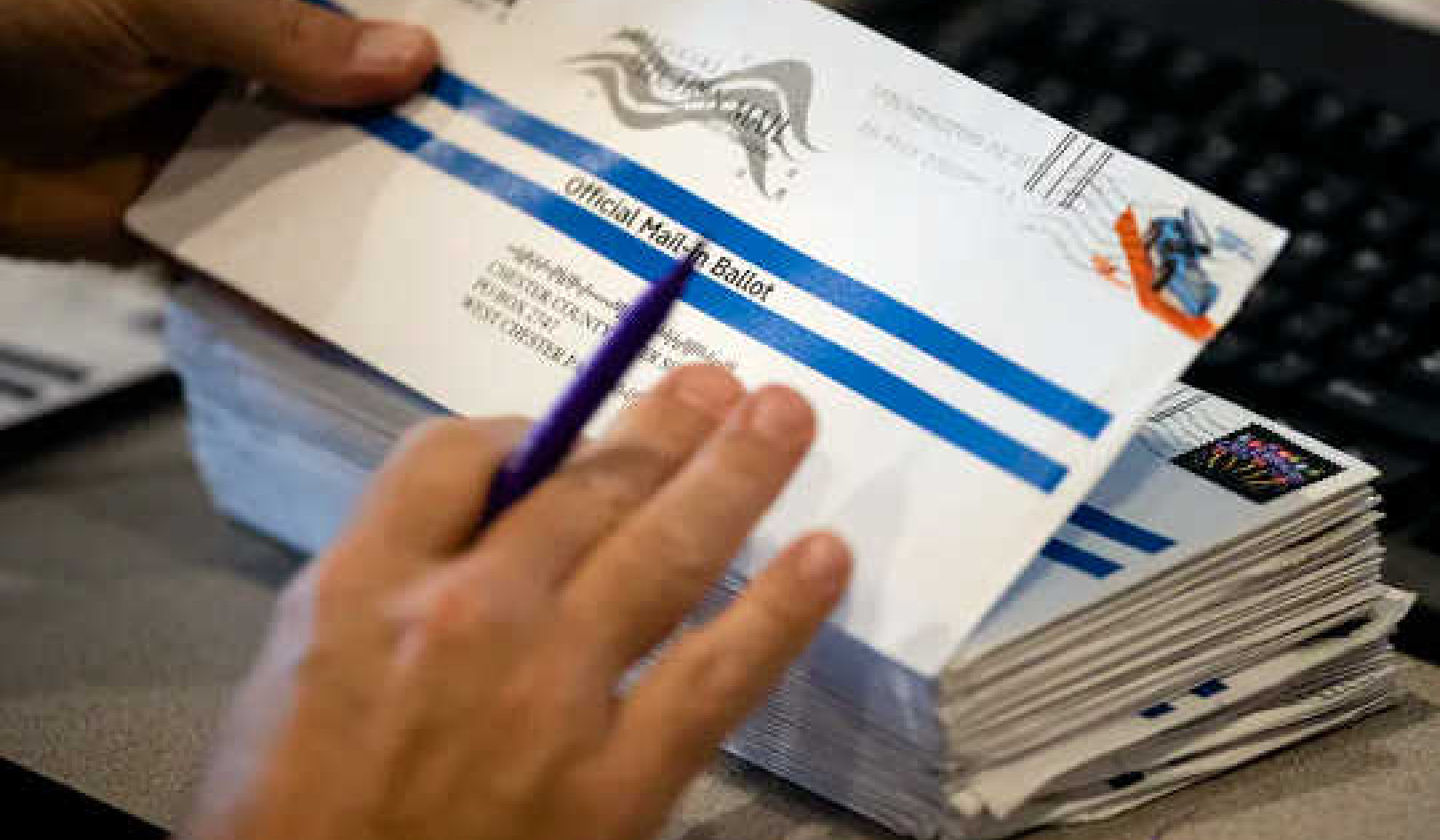
The prevalence of SMS phishing scams is increasing in today's digital landscape. Recent research has provided new insights into the scope and sophistication of these scams.
SMS phishing, or "smishing," involves scammers sending text messages impersonating trusted entities such as banks or government agencies. The objective is to deceive recipients into divulging personal information, such as credit card numbers or passwords.
The scale of SMS phishing is substantial. Researchers monitored 2,011 phone numbers over 396 days, identifying 67,991 phishing messages. These messages were part of 35,128 unique campaigns operated by 600 distinct entities. The impact on victims can be severe, including financial losses and breaches of personal privacy.
Researchers used SMS gateways, which provide disposable phone numbers, to collect data without infringing on user privacy. They gathered extensive data on SMS phishing activities by monitoring these numbers over a year.
The study uncovered a significant number of phishing messages and campaigns. Phishers are not using obscure servers but mainstream infrastructure, including URL-shortening apps. This finding challenges the perception that cybercriminals operate from hidden corners of the internet.
Some phishers set up their own domains and URL shorteners to add an extra layer of protection or as a service within the phishing ecosystem. This indicates a high level of sophistication and adaptation within these operations.
Common Strategies and Technical Tactics
Scammers frequently impersonate trusted entities, using urgent language to prompt quick action. This tactic bypasses rational decision-making and exploits the recipient's trust.
Phishers utilize bulk messaging services to distribute their scams, which are often advertised openly on platforms like LinkedIn. Researchers tested these services by sending harmless phishing messages, confirming that they are readily accessible and practical.
The study identified "test messages" phishers use to optimize delivery routes. These messages often included notes such as "route 7" or "route 9," indicating an ongoing effort to refine their tactics. This level of detail reveals the methodical approach phishers take to ensure their messages reach potential victims.
Recognizing and Preventing SMS Phishing Attacks
Avoid unsolicited messages requesting personal information or containing suspicious links to identify phishing texts. Trusted entities rarely ask for sensitive information via text.
Preventive Measures
- Do not click on links in unsolicited texts. Verify the sender through official contact methods.
- Use security software. Many programs offer protection against phishing.
- Report phishing messages. Inform your mobile carrier and delete the message immediately.
If you suspect you have received a phishing text, report it to your carrier and delete it. If you have provided personal information, contact the relevant institutions, such as your bank, immediately to mitigate potential damage.
Broader Implications and Future Directions
SMS phishing poses a significant threat to individuals and society. Substantial financial and personal data losses can affect economies and personal security.
The study suggests monitoring SMS gateways can help identify phishing campaigns before they launch, aiding law enforcement in preemptive actions. Continued research and proactive measures are essential in combating SMS phishing.
Public awareness and education are crucial in preventing SMS phishing. Sharing knowledge about these scams and how to recognize them can help protect others. Encouraging vigilance and informed decision-making is critical to reducing the effectiveness of phishing attacks.
Understanding and preventing SMS phishing scams requires awareness and caution. By recognizing these scams and taking preventive measures, individuals can protect themselves and contribute to a safer digital environment. Knowledge and vigilance are our best defenses against these pervasive threats.
About the Author
 Robert Jennings is co-publisher of InnerSelf.com with his wife Marie T Russell. He attended the University of Florida, Southern Technical Institute, and the University of Central Florida with studies in real estate, urban development, finance, architectural engineering, and elementary education. He was a member of the US Marine Corps and The US Army having commanded a field artillery battery in Germany. He worked in real estate finance, construction and development for 25 years before starting InnerSelf.com in 1996.
Robert Jennings is co-publisher of InnerSelf.com with his wife Marie T Russell. He attended the University of Florida, Southern Technical Institute, and the University of Central Florida with studies in real estate, urban development, finance, architectural engineering, and elementary education. He was a member of the US Marine Corps and The US Army having commanded a field artillery battery in Germany. He worked in real estate finance, construction and development for 25 years before starting InnerSelf.com in 1996.
InnerSelf is dedicated to sharing information that allows people to make educated and insightful choices in their personal life, for the good of the commons, and for the well-being of the planet. InnerSelf Magazine is in its 30+year of publication in either print (1984-1995) or online as InnerSelf.com. Please support our work.
Creative Commons 4.0
This article is licensed under a Creative Commons Attribution-Share Alike 4.0 License. Attribute the author Robert Jennings, InnerSelf.com. Link back to the article This article originally appeared on InnerSelf.com































